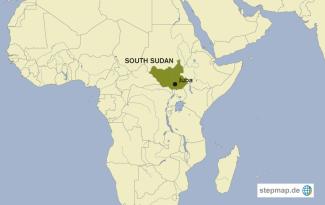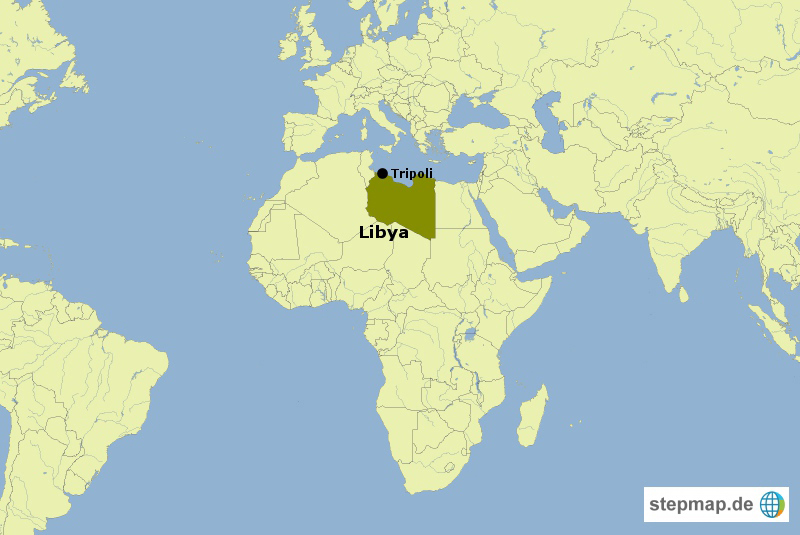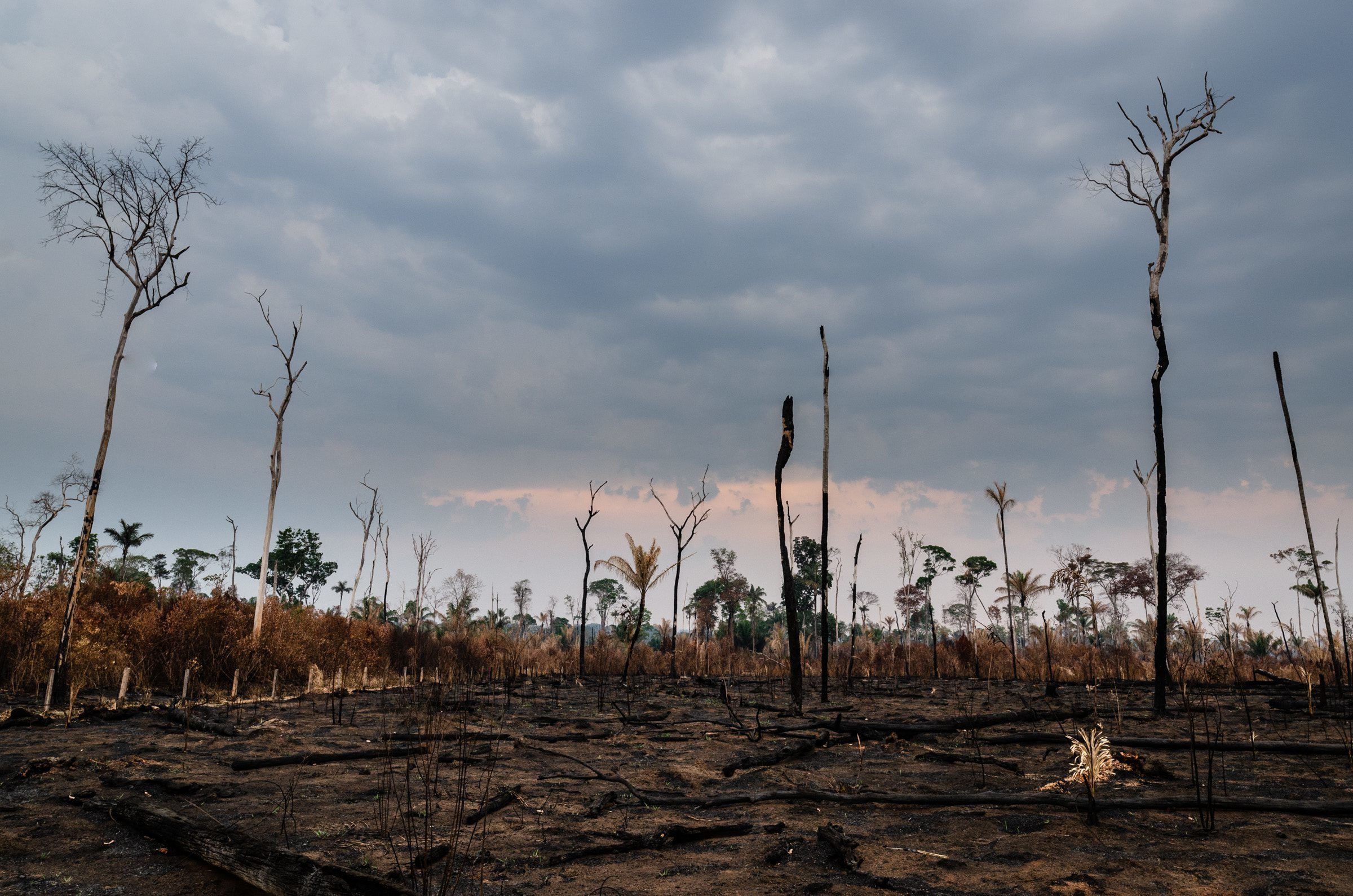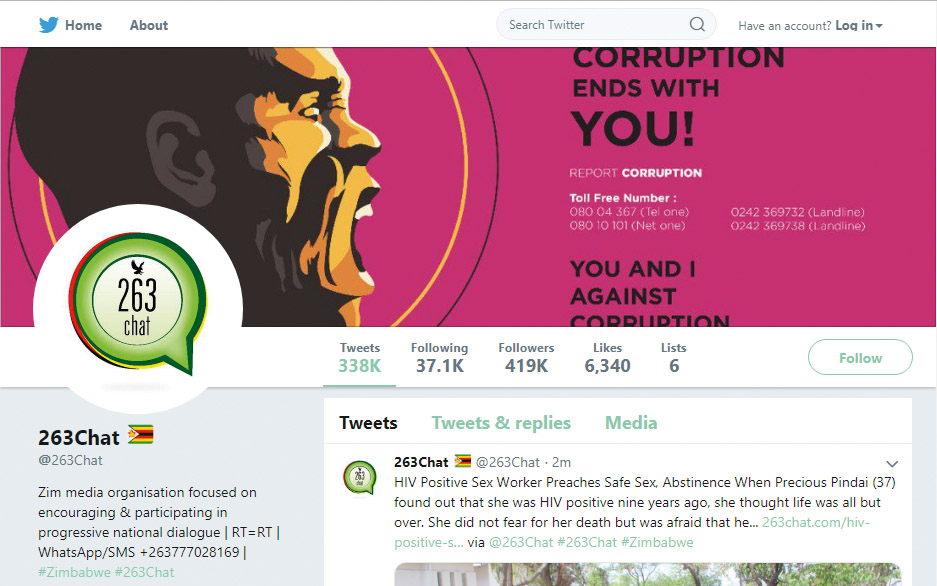Press freedom
Worsening censorship

In April, the Association for Media Development in South Sudan, an umbrella organisation for all media houses, asked President Salva Kiir to help to stop the harassment of journalists. In a petition letter, the lobby group demanded the release of journalists in detention.
Nonetheless, Oliver Modi, who chairs the Union of Journalists of South Sudan, still found reason in June to decry cases of journalists being tortured or even killed. Threats have become all too common. “The media sector is in a dismal state; harassment of journalists is on the rise in the country, and freedom of speech is under threat. More than five media houses have been closed down for critical reporting,” Modi said in June, insisting that press freedom is needed to promote dialogue and democratic governance in South Sudan.
From December 2013 to early June 2017, 10 journalists were killed. Three of them died this year. Many others have been forced to flee to neighbouring countries. Masses of people have become refugees, trying to escape the violence perpetrated by both the security forces and various militias.
South Sudanese journalists accuse the government of resorting to media censorship in order to silence its critics. It has become hard to work for the media. “It’s extremely difficult to remain objective, because balancing a story with opposition voices is what our government hates most,” says Majack Kuany, a reporter of the Nation Mirror, which was one of the country’s leading independent daily papers unit was shut down by the National Security Service (NSS) because of critical reporting.
Majack adds that it has become a problem to publish critical views expressed by citizens in general. “There are things that we cannot talk about in the newspapers. We live in a difficult situation – there is no free press”, Majack adds.
Foreign journalists who work in South Sudan are also increasingly under pressure. “They are put under surveillance and their movements are restricted”, according to a freelance journalist who requested not be named.
South Sudan’s constitution grants its citizens freedom of speech and press. Nonetheless, observers have noted that the NSS frequently confiscates entire editions of newspapers, claiming that certain articles expose state secrets and endanger the country.
Aleer de Mayen, who is an undersecretary at the Ministry of Information, denies this. He claims that censorship is only applied to stories that incite hatred and disunity. “It is not an institutional policy to censor media,” he says, “but should we open doors to the type of press freedom that could result in chaos, hatred and negative propaganda?”
According to Reporters without Borders’ World Press Freedom Index, South Sudan has fallen 30 places since the start of the civil war. In the 2017 World Press Freedom Index, it’s rank is now 145th of 180 countries. According to the international non-government organisation Freedom House, conditions for the media in South Sudan keep getting worse.
Parach Mach is a journalist and lives in Juba, South Sudan.
parachmach@gmail.com













